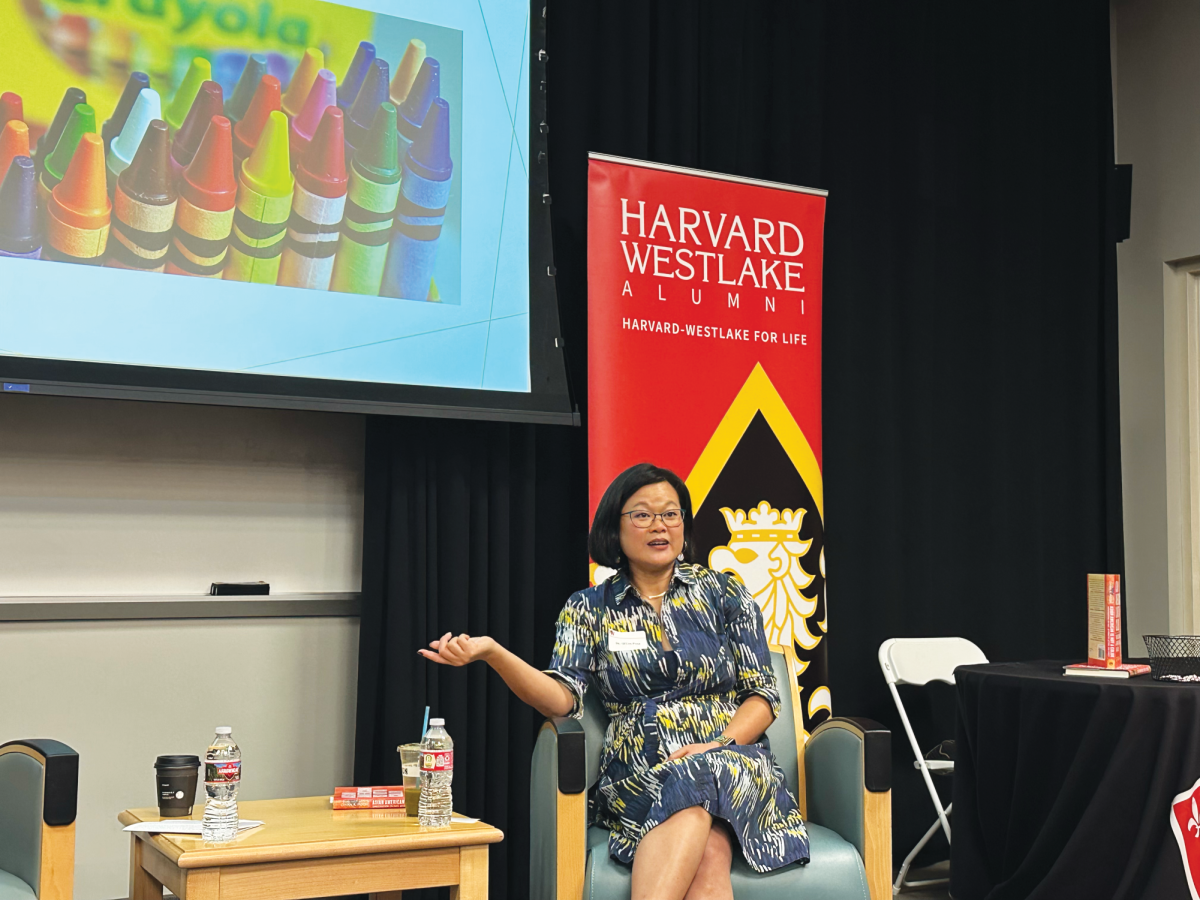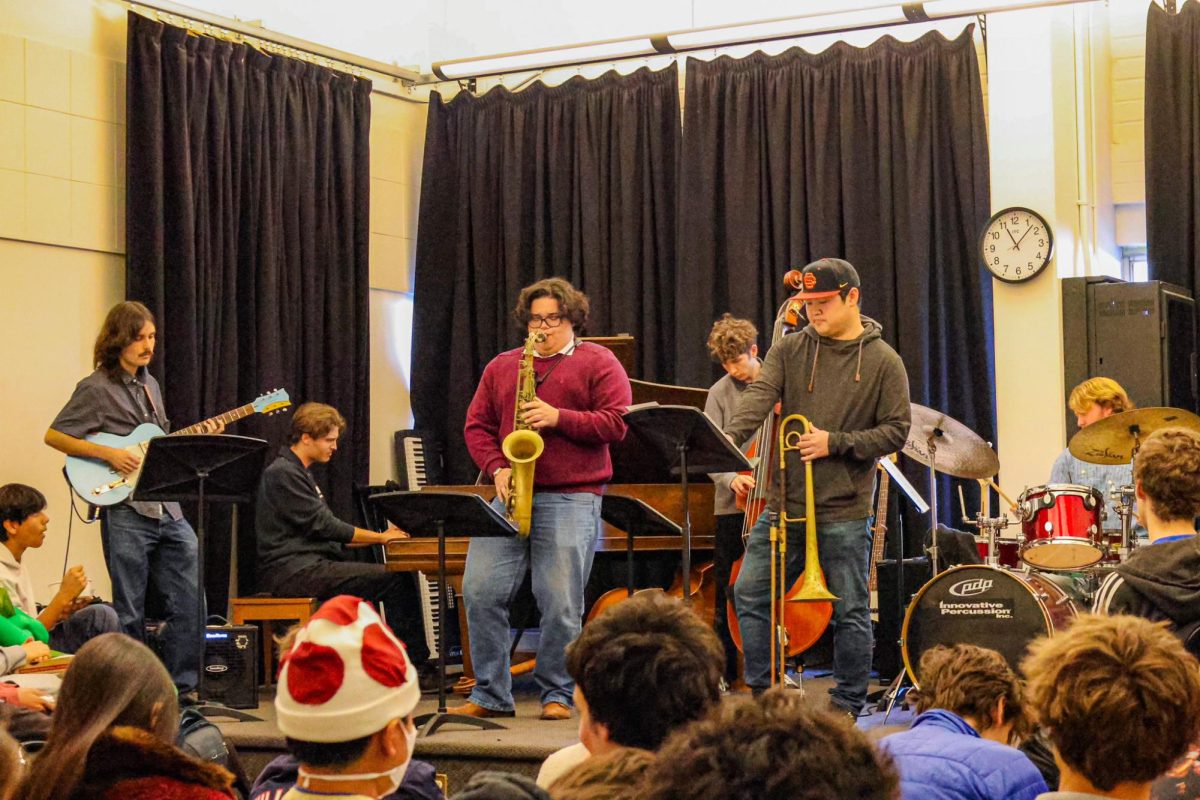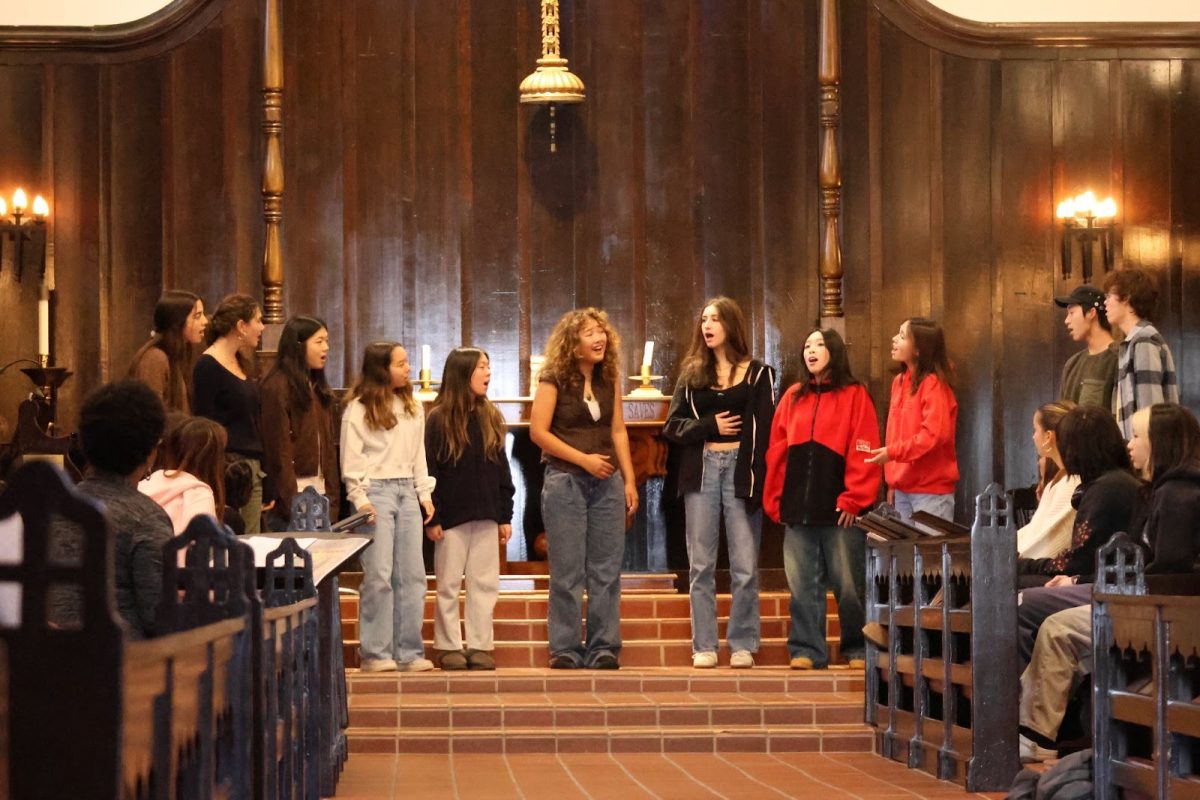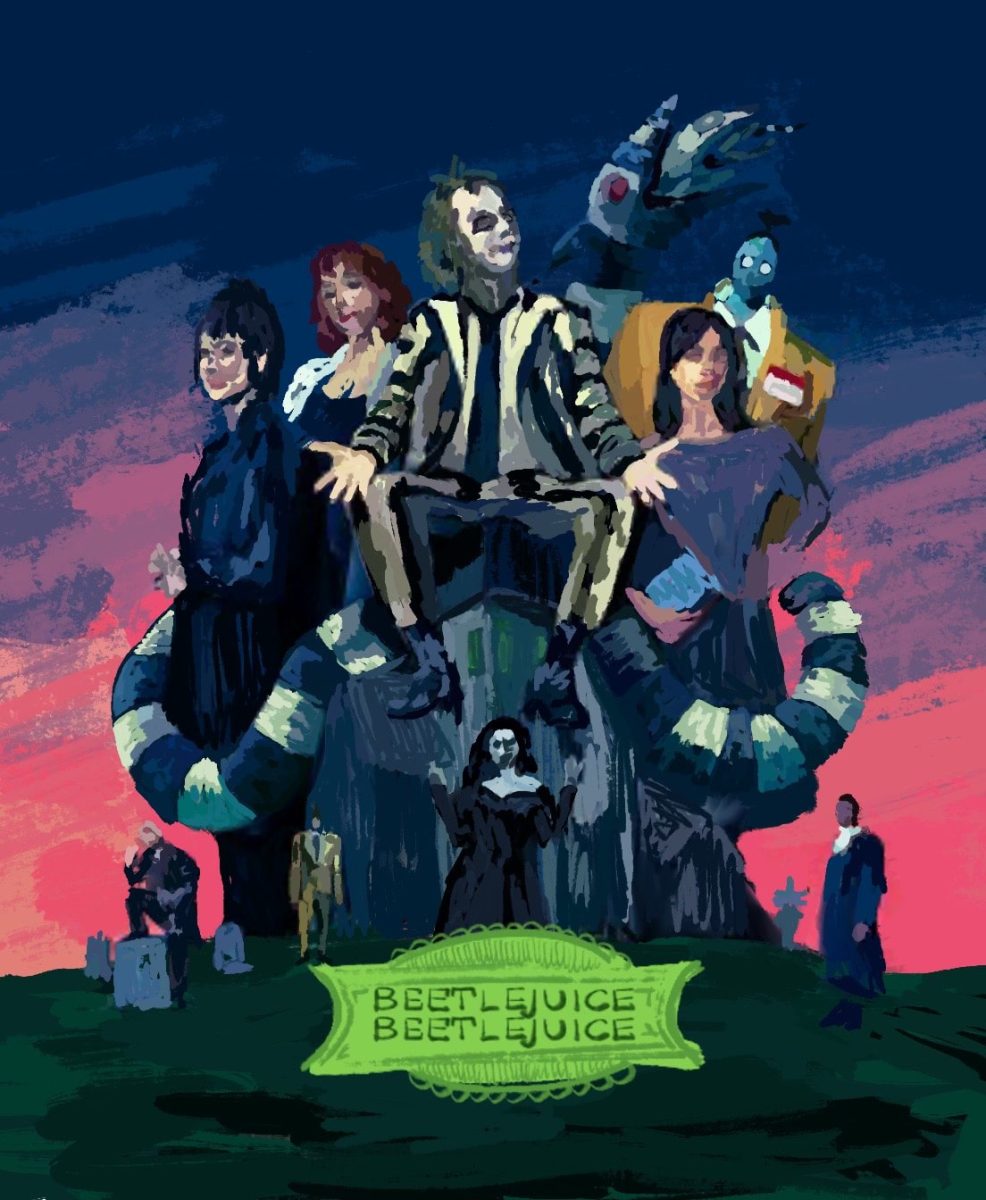Shiara Navarro ’25 received a Kutler Center Senior Fellowship grant for her project, “The Mayan Train: The Environmental Impacts of Expanding Cultural Tourism in Mexico’s Yucatan Peninsula.”
The Mayan train is an intercity railway that traverses the Yucatan peninsula in Mexico, constructed to expand cultural tourism and economically support less-developed states. The train’s route across Mexico’s Caribbean Coast cuts through the local rainforest, negatively impacting the environment, according to Rainforest Rescue.
Navarro said the railroad’s economic benefits were valued more by adult Mexicans than young people.
“There was a generational aspect to it,” Navarro said. “The majority of the adults that I spoke to were in favor of it, but then essentially all of the youth that I talked to were against it. The adults were more in favor of the train’s construction, because there used to be another railway in Mexico which was widely used by the whole of the population and greatly beneficial to the country. This train felt like nostalgic reminder of the older generations. The newer generations have been more exposed to environmental education and they feel more strongly about the train’s negative impacts on the surrounding environment.”
Navarro said her project was inspired by her personal values and cultural background.
“I am someone with Mexican heritage, and I’ve traveled to Mexico multiple times, as my entire extended family lives there.” Navarro said. “Being someone that’s also concerned with environmental issues, I just thought this was something very intriguing.”
Navarro said that her research showed the complexity of the railroad because it has both beneficial and negative consequences for the region.
“A main takeaway was that this is an issue that’s so multi-dimensional,” Navarro said. “It’s not just black and white, because the train was doing some positive things in boosting the economy and [creating] job opportunities, but it was also destroying a lot of the land and ancient agricultural and archaeological sites.”

























